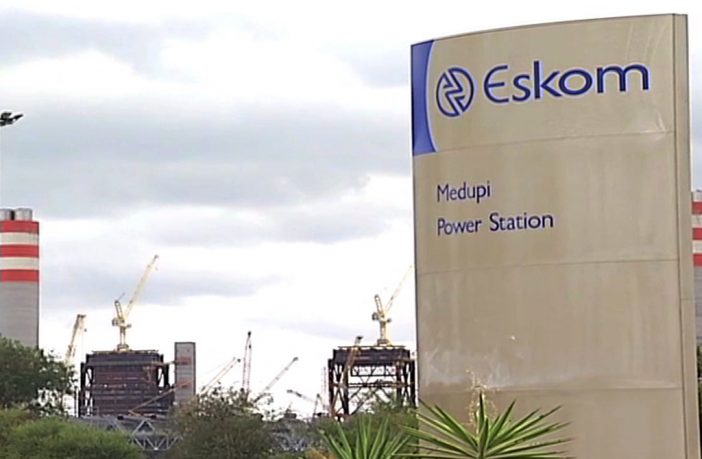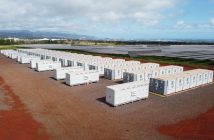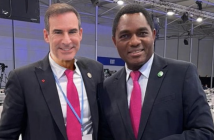- Eskom’s catastrophic Medupi coal-fired project was in trouble from the start.
- The World Bank came to Eskom’s rescue in 2010 with a massive loan that would foster the project.
- It was envisaged that the funding would bring financial stability to Eskom, support future economic growth, contribute to poverty alleviation, and help South Africa onto a ‘low carbon path’.
- This has not happened.
groundWork, Earthlife Africa and more than 200 supporting organisations warned the World Bank that it would fail on all counts. Medupi would destabilise Eskom and the country’s economy, exacerbate poverty and add 30 million tonnes of carbon to South Africa’s annual emissions – in addition to other harmful air pollution impacts. And so it has.
Electricity tariffs have escalated making it near impossible for people to afford electricity. The inequality gap has widened, Eskom is teetering on the edge of collapse and is dragging the South African economy down with it. The debt costs have skyrocketed and are now burdening South Africans with a dollar-based debt, while many cannot afford the high price of energy.
To make matters worse, the plant is not meeting minimum air emission standards for sulphur dioxide (SO2) emissions and its air pollution is deadly to people’s health. One of the conditions of Medupi’s loan from the World Bank was that the plant would be retrofitted with pollution control technology – called flue-gas desulphurisation – to minimise these harmful emissions. That has not happened. As a result, when operating at full capacity, Medupi will emit, by some estimates, more SO2 than the UK did in 2017.
The World Bank also promotes the privatisation and commercialisation of public utilities and insists on cost-recovery, which results in poor people being cut off from electricity supply.
South Africa remains the largest emitter of greenhouse gases (GHGs) on the continent. A recent report by German environmental group Urgewald reveals how the World Bank Group continues to support and invest in fossil fuels despite pledging to fight climate change. It has spent over $2 billion on fossil fuel projects in the past two years.
As a result, the World Bank loan to Medupi supports the violation of human rights. The Bank remains a key facilitator of energy poverty and environmental destruction. This is odious debt and must be cancelled. In addition to reparations owed, The Bank must take responsibility for the damage done and should rather use its position with Eskom and the South African government to support a just transition away from fossil fuels.
Author: Bryan Groenendaal











